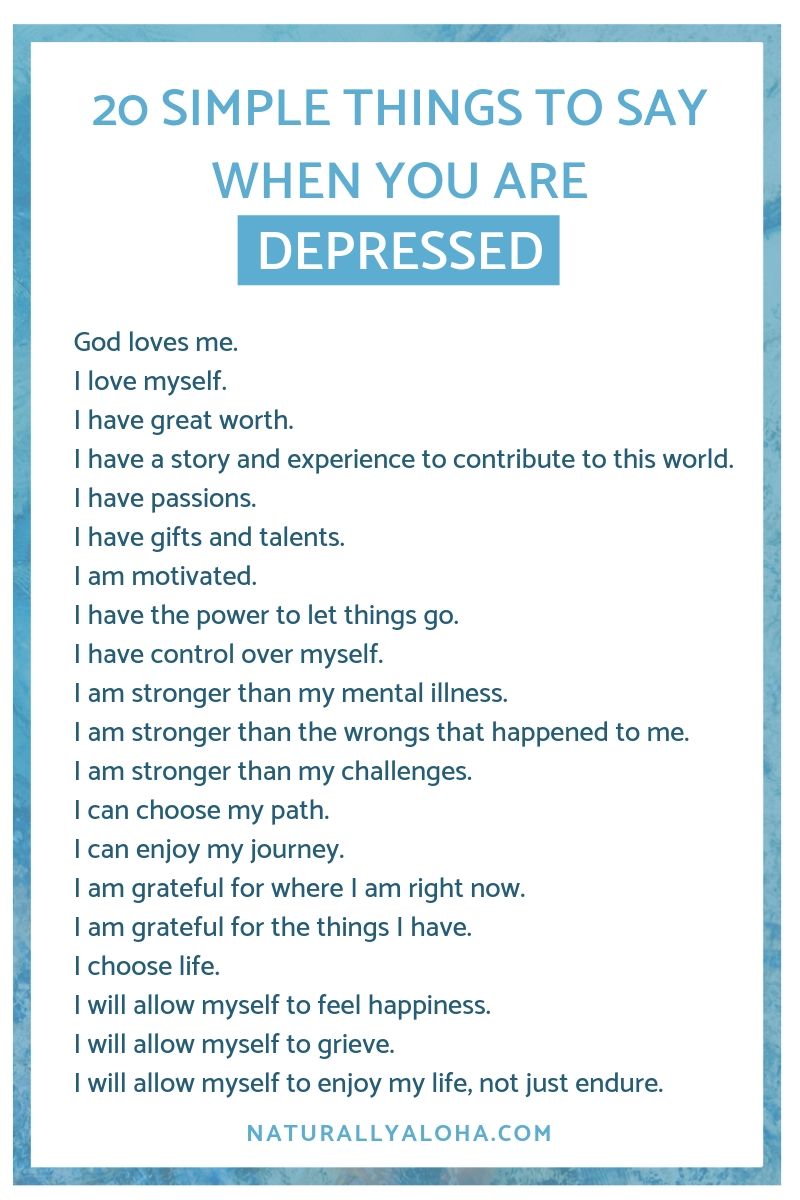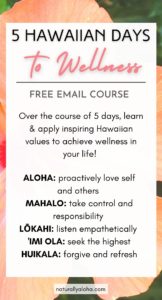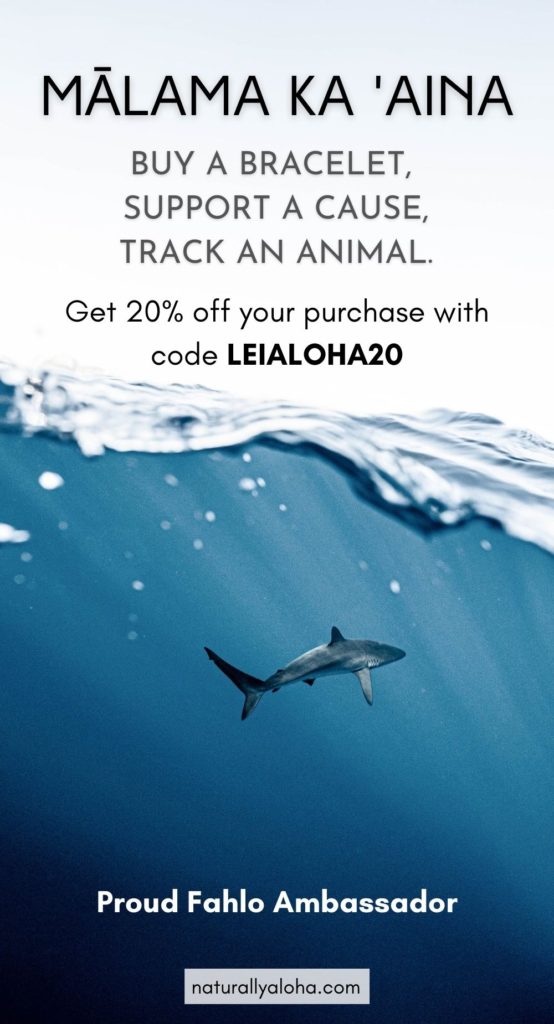We all know toxic people: the ones who make your anxiety raise sky high, and who leave you feeling depressed in the lowest of lows.
Toxic people come in all shapes and sizes but the underlying similarity between them all is that they are narcissistic. That basically means that they are obsessed with themselves, preying on the generosity and weaknesses of others to build themselves up. They hide their own insecurities and weaknesses by pointing out the flaws of others, and they are never sorry about it.
They abuse others, whether it be verbally, mentally, spiritually, sexually, or physically as a way to cover or satisfy their weaknesses.
Whether the toxic person in your life is a family member, an acquaintance, or even a coworker, understand it isn’t YOU that is the problem, and there are ways to deal with them. YOU need to stay sane and take care of yourself, and so here are 5 tips for dealing with constantly toxic people.
Understand that YOU aren’t the problem
Toxic people reflect their own insecurities and problems by bullying and manipulating others. Because they choose to have no control of their own problems, they try to control others. YOU are not the problem.
As an empath, I’ve felt the pain of toxic people, and I’m very susceptible to them because I naturally want to help. Empaths and narcissists are the worst combination because of this reason, so understand that you can only help so much. And, sometimes, you can’t help at all. My mantra is to love everyone, but choose your friends.
Set boundaries with toxic people
Probably one of the best pieces of advice I’d ever given to myself was to set boundaries (bolded because I cannot stress this enough). My dad has a toxic personality—although, he doesn’t come off that way to people (most toxic people don’t come off as toxic until you get to know them).
I tried to reach out to my dad every once in a while but our conversations and interactions left me feeling drained, crazy, and out of control—mostly because he would take control of the situation and manipulate and criticize.
Recognize that you don’t need that. If you can only handle a once-a-year contact or you can only handle a text or email, that’s OK. YOU set your boundaries of what you can handle, NOT them. Express to them the importance of these boundaries to you.
Get help
If you are in a very bad situation, please, please, please get help! Physical and sexual abuse are two of the most common kinds of abuse that people silently suffer alone. Please seek help from local authorities, church leaders, or close friends.
To those who are being abused verbally, mentally, or spiritually please seek help from others as well. There are many wonderful therapists and counselors to help you get through the trauma caused by the abuse.
Avoid contact, if at all possible, with toxic people
If this is an option and you need a break, please do it. My sisters have toxic in-laws and, as such, the in-laws are constantly reaching out, wanting to know every itty-bitty detail of their lives so they can criticize and control.
You DON’T have to deal with it. I will say this again: they are reflecting their own insecurities. Because they have no control over themselves, they seek control over others. They do NOT control you, and they don’t control how much you can handle either.
Bottom line: set boundaries and limit contact. It’s really hard to do this, especially for those of us soft-hearted people who hate confrontations. But you need to let them know how often you’d like to be contacted. Another option is telling them that YOU will reach out when YOU are ready.
Stand up for yourself
This is probably one of the hardest things you’ll have to do, especially if you have a quiet personality like myself. However, there was a time that I was backed into the corner and I snapped back—I came back aggressive, mad, and just plain tired of abuse. It was in that moment I recognized my own courage.
You don’t have to wait until someone backs you into a corner for you to gather courage. Do it now by setting your boundaries or getting help. In common toxic situations, it might worsen the situation for you to share your feelings—it leaves you feeling vulnerable, and it gives the toxic person more “ammo” to use against you.
What I’ve found best is standing up for yourself in situations you don’t agree with or aren’t comfortable with: for example, a toxic person might apologize and say “let’s just move on” when you’re not ready for that. You have 100% the option to say that no, you’re not ready and building the relationship will take time.
Giving into toxic personalities and always agreeing with them may end the conversation, but it also leaves you feeling helpless and dominated/manipulated by the toxic person. Give yourself permission to stand up for yourself and say no to toxic personalities.
Forgive, but don’t forget
Jesus Christ taught us to forgive everyone, but for those of us who have dealt with toxic personalities, the memories will never fade away. The reason for this is that the memories remind us what happened the last time we gave in to the toxic person. Memories can also be a form of ptsd or cptsd from the trauma.
In a sense, the memories protect us. They remind us not to trust that person—ever. They remind us how much it hurt us to cave in again and again.
Forgiveness, however, helps us to move forward. It helps us to let go of the anger we feel towards someone. It helps us to truly, genuinely be kind to the toxic people–not harboring any of the ill feelings we have towards them–but forgiveness doesn’t mean we need to be their best friend and hang out with them.
Forgive the toxic people, but don’t forget what happened to you the last time you gave into a toxic person. Use your experience as a way to grow and build confidence to deal with other toxic people that may enter your life.
You can do this!
I want to end by giving you some encouragement. In Hawaii we say e ho’omau! Which basically translates to move forward and endure well. You totally got this. For most of us, dealing with toxic people is difficult and might not get any easier. The key, however, is to deal with grace, wisdom, and forgiveness, taking care of yourself while still showing kindness. It’s definitely easier said than done, but you can do it, I know you can.
Do you have any additional tips for dealing with toxic people? Share your ideas in the comment section below! 🙂
Lots and lots of aloha,
Lei












